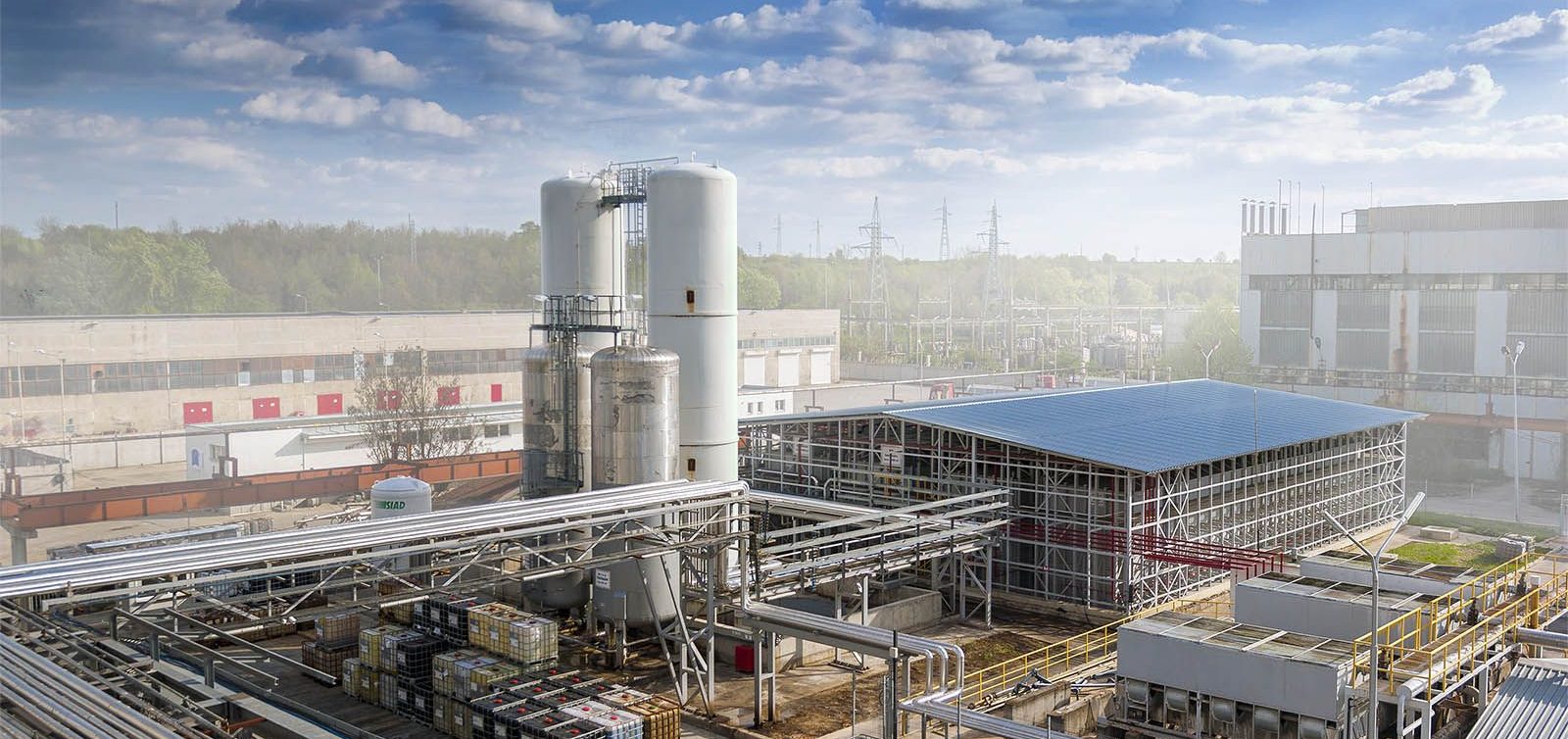Crude glycerol used in chemical products
In industrial microorganisms, glycerol can also be used as a carbon source to produce other valuable chemical products, such as succinic acid, propionic acid, citric acid, lactic acid, acrolein, dyes and so on. Among them, acrolein is a multifunctional chemical intermediate, which can be used to produce acrylates, super absorbent polymers and detergents. Acrylic aldehyde can be obtained from glycerol by catalytic dehydration in liquid or gas phase. The key of this technology is to select suitable catalysts.OTT uses crude glycerol as raw material, subcritical or supercritical water as medium, through dehydration, acrylic acid can be obtained, but the yield of acrylic acid is not high; through adding inorganic acid or inorganic salt, the yield of acrylic acid can be increased. In the experiment, the highest conversion can reach 50% under the conditions of 300-390 C and 25-34 MPa by adding zinc sulfate, which is mainly due to the reduction of activation energy of the reaction by adding zinc sulfate.ZHOU used HZSN-5 as catalyst to catalyze the dehydration of glycerol to acrolein in gas phase. The reaction was carried out at 320 C. The conversion of glycerol was 98.27%, and the selectivity of acrolein was 74.94%. The research shows that the production of acrolein from glycerol is an active field in the research and application of glycerol, a by-product of biodiesel, in recent years, and the key technology lies in the selection and preparation of catalysts. Thus, various chemical products with high added value can be obtained from crude glycerol as raw materials or substrates through microbial technology or chemical catalytic hydrogenation, oxidation, hydrogenation and other processes.
Crude glycerol as fuel cell
Microbial fuel cell (MFC) is a new device which can generate electricity with microorganism as catalyst, and crude glycerol as substrate can be used to produce MFC. Yang Qiao added biodiesel by-products as substrates to microbial fuel cells, and studied their power generation performance. The effects of by-products composition on the performance of fuel cells were investigated. It was found that using biodiesel by-products as substrates had better power generation effect. However, there are many problems in dynamics, internal resistance and transmission of this process, which lead to unstable power generation process and low efficiency of power generation. However, with the development of microbial sensing, nanomaterials, bioelectrochemistry and other technologies, it is believed that this technology will be continuously developed and improved, which is also a prospective application of crude glycerol.

